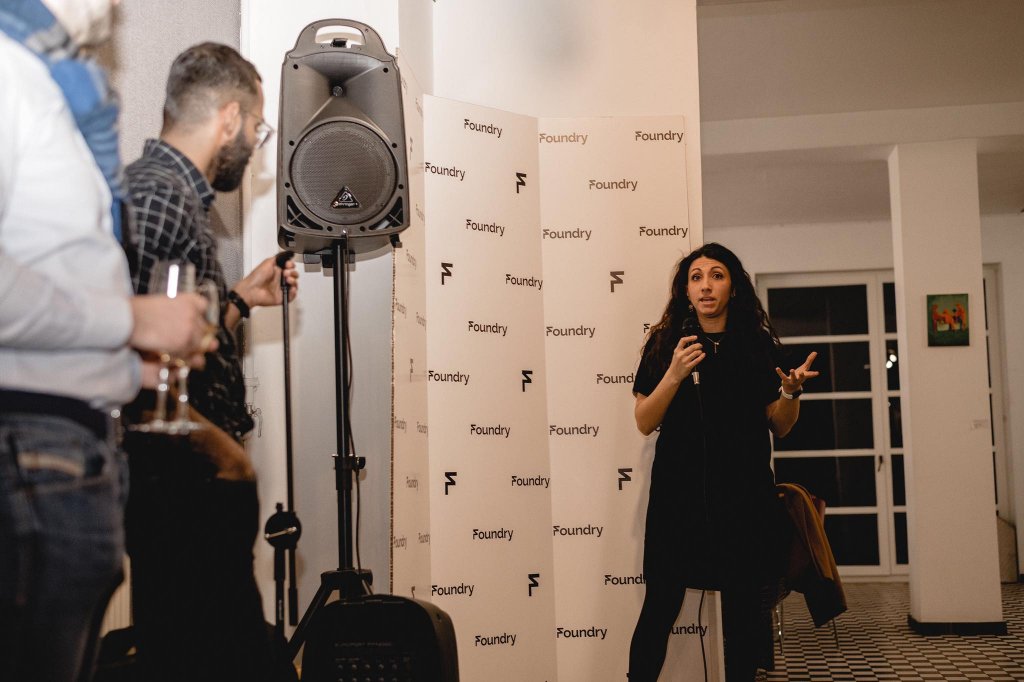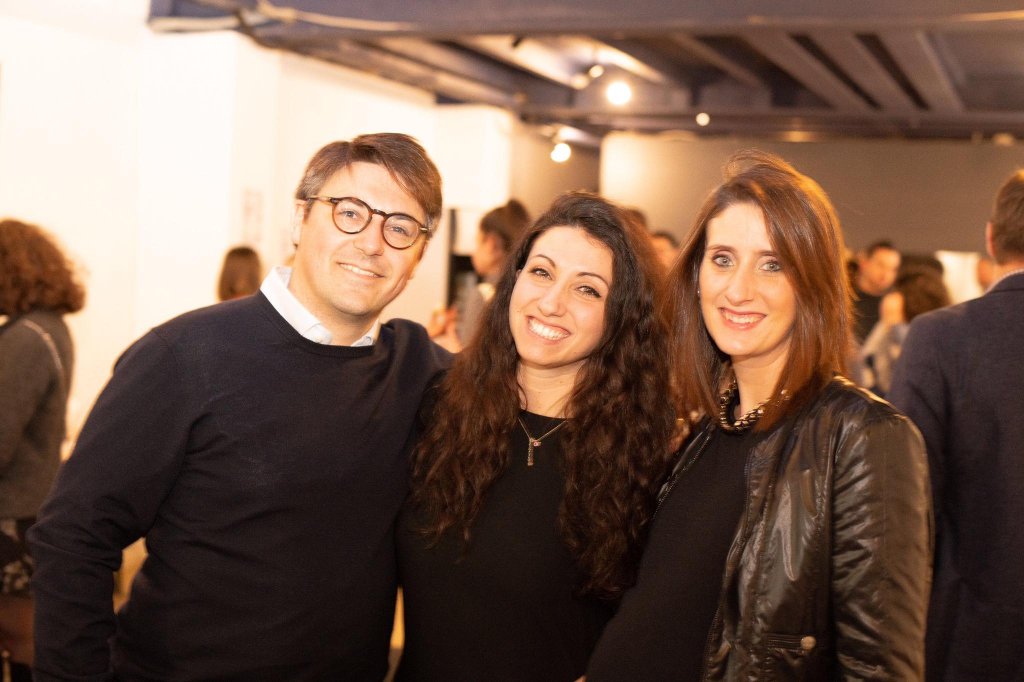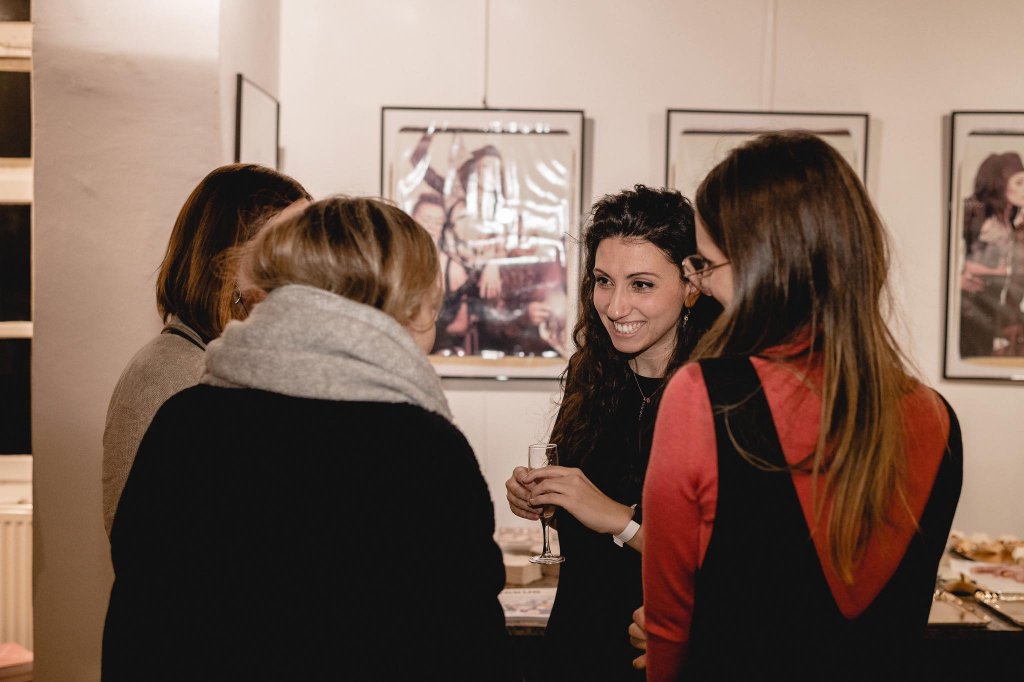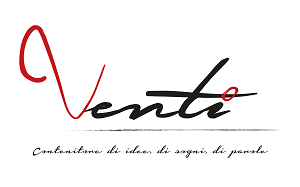It’s been quite common in my experience as an expat, and for many Italians I met abroad in the last few years, being labeled in some ways not to be proud of. It might have happened during an international potluck for the Erasmus semester welcome night, or right after an introduction meeting in the new international workplace. Regardless of the formality of the context, stereotypes that my compatriots have to carry around are a constant part of every conversation: in many cases these are true, while in others the picture of Italian people and their lifestyle is sometimes (*often) misconceived.
Just for being Italian, one of the labels I got stuck on my back was the commonly – and wrongly – attributed characteristic of the laziness. And trust me, this does not help to start off with the right foot on a group project with international students or while approaching new colleagues in the workplace.
Since I strongly believe that actions speak much louder than words, I would like to present the experience and the energy of Francesca Pogliani, a young professional and enthusiastic start-up entrepreneur, in order to debunk this stereotype.
Hi Francesca, thank you for your time. Could you briefly introduce yourself and your current projects?
“Hi Alfonso, of course, thank you for this opportunity. I have been an expat as well for the last eight years: I am originally from Milano but I moved to Sweden in 2012, where first I did my Erasmus and then my Master’s Thesis. Then, I moved to the Netherlands and finally to Luxembourg, where I have been for the last four years.
Currently, I am focusing on two activities: my full-time job at PricewaterhouseCoopers, where I work as a Sustainability Consultant, and the development of my startup, Deskover, the first co-learning platform in Luxembourg.
As a consultant, my role is to support real estate professionals in the development of green buildings, a job that I enjoy very much.
As an entrepreneur, I work almost every day after my working hours and weekends. Deskover is an online marketplace that connects the spare capacity of coworking spaces with people who are looking for desks to study and/or work during or after business hours.
Among others, volleyball and pizza are my biggest passions!”
There is a preconceived notion of Italian being lazy. As an Italian abroad, have you ever seen this bias mindset in your foreign friends?
“Oh yes, of course. I have lived in several places in Europe and I can tell you that, the bias was there no matter the country.
I can give you one example: it was the first day of the “Engineering of Materials” class and we had to create study groups. I was directly pointed out as the “Italian”, who, by definition, would be the one working the least. Funnily enough, the level of difficulty of that exam was nothing compared to what I had to go through in my very Italian university, Politecnico di Milano. But of course, they didn’t know that. I got the maximum grade after three days of studying investment.
So yes, my foreign friends would associate being Italian with being late, unreliable and lazy. Yet, this is ironic because Italians have always been among the most active people I’ve interacted with in these occasions, and people from the South of Europe in general. In the work environment for example, we are fast, adaptable and do have a particular perception of what service is. Since we grew up with the idea that the “customer is always right”, we feel the urge to deliver good quality work as soon as possible. Not very lazy, right?”
In addition to that, as woman entrepreneur, have you ever faced any additional prejudices or stereotypes related to your gender since the corporate world is mainly man-oriented?
“Well, I studied mechanical engineering and I work in a quite technical environment, so I experienced gender discrimination in many occasions.
In the startup environment I can tell you, I felt it much less, but probably because I haven’t started raising money from investors yet. Then it is going to be an issue. You know, it is always a subtle discrimination: you never get anybody telling you explicitly that as a woman you’re considered less seriously, but this is what happens in people’s mind. And don’t get me wrong! This bias is not in men’s mind only! It comes from women as well, so we’re kind of doing that to each other.
Today it still takes longer and a bigger effort for women to reach what men reach: simply because we have more obstacles on the way. There’s still a lot of work to be done in that sense.”
Do you have specific advice to both international people and Italian ones to facilitate the debunk of this misconception?
“To Italians, I want to say: be brave enough to challenge the stereotype, speak up! Our country is unbelievable: beauty, culture, history, innovation. We have it all. We have tons of defects as well, for sure. But we could do so much more in terms of “branding”, if you allow me the word. Be an ambassador.
I know compatriots who reinforce the stereotype by confirming what foreign friends claim, joking about it. This cannot happen. One thing is to joke and confirm the fact that we get angry if you put cream in the carbonara, which you should not do indeed! But when it comes to our capabilities, you just cannot accept that!
Actions always speak better than words, so keep proving them wrong.
To international people: get to know us, we have a big heart and we’re capable of many things, including real carbonara ;)”
Thanks to Francesca for sharing her valuable experience, wishing her good luck for all the ongoing and future projects!



Lavora con i numeri ma ama le parole. Le sue radici affondano nella Magna Grecia, ma dopo aver vissuto in 5 Nazioni su 2 continenti ha molti posti che può chiamare casa. Storyteller wannabe


